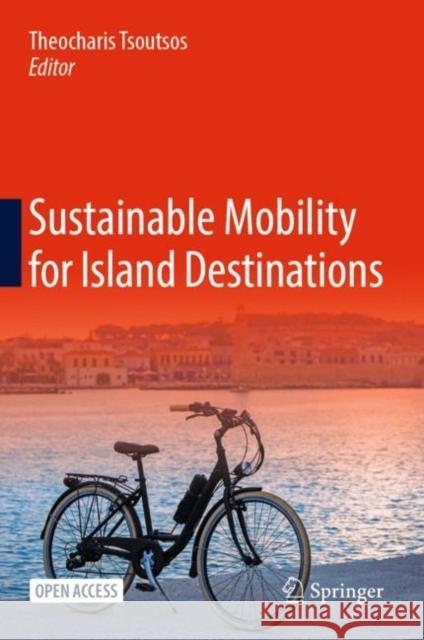Sustainable Mobility for Island Destinations » książka
topmenu
Sustainable Mobility for Island Destinations
ISBN-13: 9783030737146 / Angielski / Miękka / 2021 / 124 str.
Kategorie:
Kategorie BISAC:
Wydawca:
Springer
Seria wydawnicza:
Język:
Angielski
ISBN-13:
9783030737146
Rok wydania:
2021
Wydanie:
2021
Numer serii:
000444563
Ilość stron:
124
Waga:
0.41 kg
Wymiary:
24.13 x 20.32 x 1.27
Oprawa:
Miękka
Wolumenów:
01
Dodatkowe informacje:
Wydanie ilustrowane











